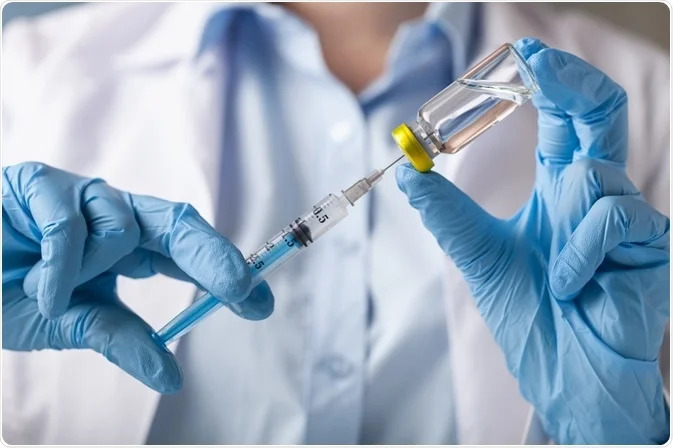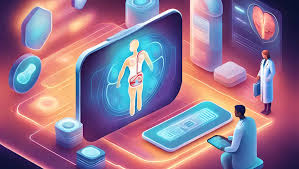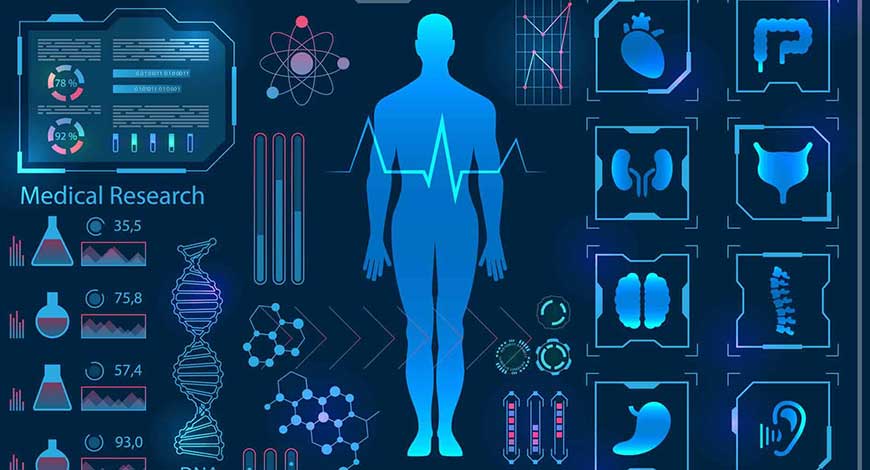The World Health Organization (WHO) has recommended the use of targeted next-generation sequencing (tNGS) tests for diagnosing drug-resistant tuberculosis (TB). The tests offer a more precise analysis of specific genomic regions of TB-causing bacteria, enhancing the detection of drug resistance. However, implementing tNGS tests requires adequate data management and storage infrastructure in diagnostic labs. The WHO has also launched a new TB sequencing portal, which houses over 56,000 sequences. A global study found that India failed to achieve WHO's End TB milestones for 2020, with drug resistance being a significant factor. The disease is more prevalent in rural areas with limited access to healthcare.

Bharat Biotech International Ltd has initiated clinical trials for the MTBVAC Tuberculosis vaccine on adults in India, marking the first human-derived vaccine from Biofabri. The Phase2 study, set to begin in 2024, aims to determine the vaccine's safety in HIV-infected adults.

Boston announced a 62-year-old patient, marking the first time a pig kidney has been transplanted into a living person. This marks the latest development in xenotransplantation, which aims to heal human patients with animal cells, tissues, or organs. Previous attempts have involved modified pigs for more human-like organs.

Google has partnered with Apollo Radiology International to leverage AI's transformative power in healthcare. The partnership aims to fill gaps in access and expertise in radiology, particularly in remote and underserved areas. AI is revolutionizing early detection and treatment of diseases like tuberculosis, lung cancer, and breast cancer, addressing the need for specialized screening. AI systems are being developed to detect early TB signs and identify lung and breast cancers where there is a critical need for specialized screening. The collaboration between Google Health and Apollo Radiology International aims to develop AI solutions that facilitate early and scalable triaging, assist in diagnosis, and enhance access to care for more people. Both Dr Kalidindi and Shetty acknowledged the importance of partnerships in achieving advancements in AI-powered healthcare, highlighting the need for democratisation of healthcare expertise through AI. The partnership with Apollo aims to bring AI-powered screening models into clinical care, potentially transforming millions of lives across India.

A report by PwC India suggests that Generative Artificial Intelligence (GenAI) could significantly transform India's healthcare system by improving the efficiency of doctors treating patients. The report highlights that GenAI can augment advanced analytics and provide intelligent human-like insights to facilitate clinical recommendations and targeted interventions, improving patient outcomes and affordability. The number of GenAI startups in India has more than doubled between 2021 and 2023, with an annual growth rate of 27.66%, resulting in a market volume of USD 4.20 billion by 2030. The report also highlights the need for comprehensive governance frameworks to mitigate risks and ensure responsible deployment of GenAI technologies. The report calls for healthcare leaders to strategically adopt GenAI technologies while prioritizing patient safety and data privacy.

Johnson & Johnson MedTech has partnered with Silicon Valley giant NVIDIA to integrate artificial intelligence (AI) into surgical procedures. The collaboration aims to improve real-time analysis and expand the use of AI algorithms in surgical decision-making, education, and collaboration within operating rooms. J&J MedTech will use NVIDIA's IGX edge computing platform and Holoscan edge AI platform to extend its open surgery ecosystem, creating infrastructure for AI-powered software applications in the operating room. Shan Jegatheeswaran, vice president and global head of digital at J&J MedTech, believes that AI can improve patient outcomes by providing real-time data analysis and AI algorithms that enhance surgical decision-making. The collaboration will help surgeons augment their expertise with data-driven insights and improve patient outcomes.



You must be logged in to post a comment.